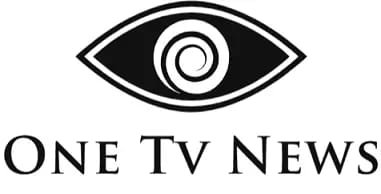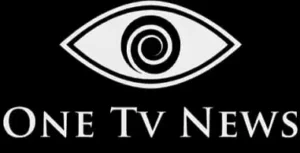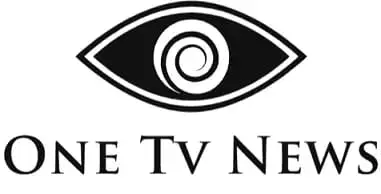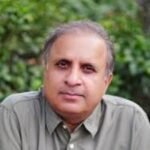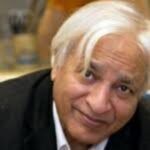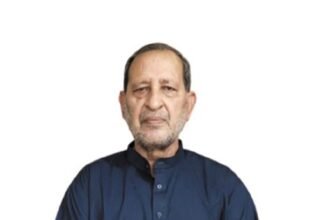Islam’s Hard Disk: A Critical Examination of Dr. Zakir Naik
One day, my mentor was in a particularly good mood. He was discussing many prominent personalities with great fervor. I asked him, “What do you think about Dr. Zakir Naik?”
In response, my mentor succinctly stated, “My dear, he is the hard disk of Islam.”
This “hard disk” of Islam possesses a distinct personality, speaking in a blend of Hindi and Urdu with a hint of Mumbai’s accent. He has a notably Wahhabi demeanor, often dressed in Western attire while discussing matters of the Salaf. He carries a cassette of the Bible in his right pocket and a hard disk containing verses from the Bhagavad Gita in the left.
If a questioner is Hindu, he readily recites verses from the Bhagavad Gita, from Lord Rama to Ravana. If the questioner is Christian, he can recite chapters from the Bible fluently, converting them to Islam in the process.
Dr. Naik has an impressive memory; he can recite Quranic verses with their numbers by heart, as well as various references from the Bible and Bhagavad Gita. With this data, our esteemed Dr. Naik becomes a walking hard disk, storing different chapters of Islam, Christianity, and Hinduism.
Having a long-standing relationship with Bhakti, Dr. Naik is well acquainted with the art of Islamic preaching. Essentially, he specializes in comparative religion. A person engaged in comparative religion cannot help but engage in debates, and Dr. Naik is known for his debating style. In a couple of major debates, he has managed to put the Papacy in its place and elevate Islam’s stature. However, debaters, whether they engage in discussions between sects or religions, develop a specific psychology that is hard to escape. They often read more to formulate answers than to understand. Such individuals tend to accept one viewpoint as truth and later seek evidence for it. A person can become a good debater with a mind filled with information, but that does not make them a scholar.
Dr. Naik is a skilled debater but not a scholar. A doctor who speaks fluent English and wears a tie inevitably becomes a focal point for Muslim audiences when he starts preaching Islam.
There is no denying that Dr. Zakir Naik has made excellent use of telecommunication technology. His events have a distinctive decorum, and the technique he uses to lead question-and-answer sessions and bring people to the faith is quite remarkable. This has significantly contributed to his popularity. The confession of those converting to Islam after attending Dr. Naik’s sessions often follows a similar script, reminiscent of patients cured by the “healer of rights.”
Listening to a single lecture does not cause one to abandon their faith; converting religions involves several psychological and intellectual stages, which ultimately culminate in the benefits accruing to Peace TV.
Dr. Naik is greatly influenced by science. He has tried to reconcile science with the Quran, attempting to extract theories and formulas that suggest that the Quran’s purpose is not merely the moral and ethical reform of hearts, but rather a revolution in the fields of physics and biology. This approach to affirming the Quran scientifically is fundamentally flawed. The Quran is a religious text, focusing on ethics and social issues, and trying to validate it through scientific references is akin to using botanical arguments to support quantum mechanics.
Yet, Dr. Naik often references NASA’s findings alongside verses from Surah Al-Mulk, and he tries to link biology with the Quran as well. On one occasion, he went so far as to extract protons and neutrons from a verse of the Quran. This method has been previously employed by Dr. Ghulam Jilani Bark in his book Do Quran. By extracting scientific revelations from the Holy Quran, it has been transformed into something more akin to a science book than a religious one.
The texts of religious books often suffer from being misinterpreted to fit one’s agenda. People of faith seek affirmation of their rigid theories. In today’s scientific age, efforts are made to derive scientific references from the Quran, and when another theory becomes prominent, it will also be extracted from the Quran. This is the approach employed by advocates of linking the Quran with science. I became particularly frustrated with Dr. Naik when he attempted to provide a “scientific” interpretation of prayer, unveiling orthopedic secrets that even orthopedic surgeons may not be aware of.
The plain fact is that Muslims have been reading the Quran for 1400 years, but figures like Newton and Einstein did not emerge from among them. How can we claim that everything the non-believers invented was already written in the Quran?
Our predecessors became Ashraf Ali Thanvi through their engagement with the Quran, while those who haven’t even read it cannot compare to figures like Newton and Einstein.
Dr. Naik often carries another stick as well. He frequently claims that Islam is a religion of peace, which is at the core of his message. But has Islam ever claimed to be a religion of peace? Absolutely not. This soft and homeopathic interpretation of Islam—”brother, ask a very good question”—sounds appealing. However, I have never seen Dr. Naik inviting others to Islam using verses from Surah Taubah, Surah Anfal, or Surah Ahzab. These surahs lay out a manifesto for war. The very structure of Islam demands force and power for its implementation.
Syed Abul A’la Maududi wrote in his book Jihad in Islam, “There comes a point in inviting others to the faith when addressing their hearts alone is not enough; one must also address their bodies.”
Those who brought down the World Trade Center didn’t read chapters from the Bible before addressing bodies. The ones who strapped on bomb-laden jackets were not influenced by verses from the Bhagavad Gita to become martyrs. Abu Bakr al-Baghdadi did not behead people by reciting the Psalms.
Despite all this, Dr. Zakir Naik is a global celebrity. Millions admire him, but his following is not predominantly made up of philosophers and scholars; it is primarily of orators.
This hard disk of Islam has accomplished so much that the subfield of science has now been incorporated into Islam.
